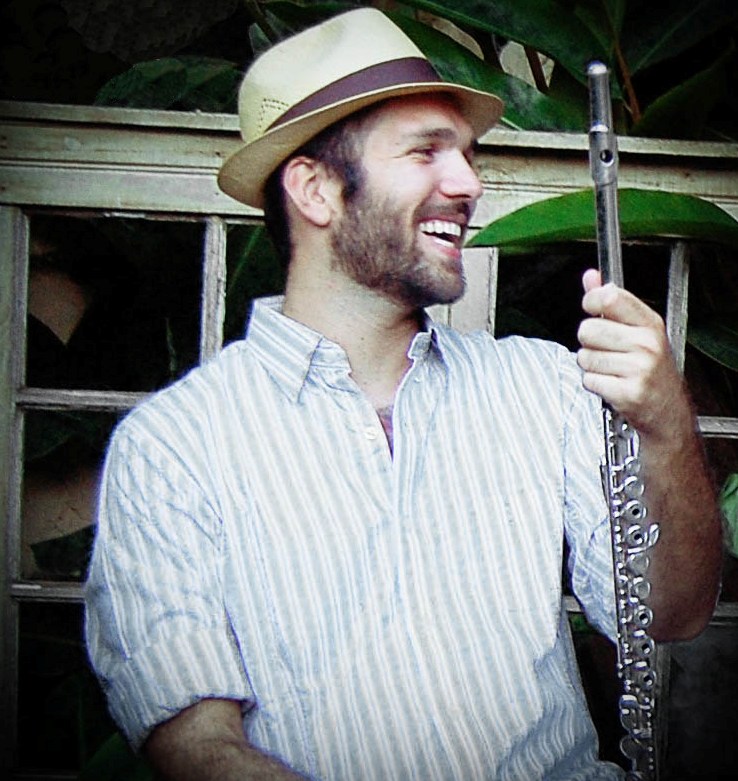LEARNING, PLAYING AND OBSERVING: AN AUTOETHNOGRAPHY IN IRISH TRADITIONAL SESSIONS

Abstract:
Irish traditional sessions are informal meetings where musicians (amateurs or professionals) get together to play and sing; it usually happens in informal spaces, such as pubs or restaurants. As a newcomer in Dublin, I figured out different concepts of “what is a session”, as well as distinct settings to each one. Slow sessions for beginners, professional sessions, tourists shows, and sessions for specific instruments are just examples of models currently available in the city. Since September 2019, I’ve been exploring this variety of formats through fieldwork in Dublin’s sessions. By experiencing this live music, I became to perform three actions: learning (as a beginner), playing (as a musician) and observing (as a researcher). Facing these multiple roles, I came to ask: what status can the researcher adopt in a field like this, which are in many ways, similar, yet different? The purpose of this paper is to analyse this experience intending to present possibilities and perspectives of participating in Irish traditional sessions. To do so, my main methodology is based on autoethnographic issues, elaborated during the fieldwork practice. A major advantage of this approach is that it enables to find data and, at the same time, allows personal reflections and critical thinking about the subject. In this sense, the data registers my shift from a foreign researcher – a total unknown of Irish traditional music – to a learning musician, trying to develop skills to participate in the sessions. Initial results indicate that my position as researcher/musician/beginner is not fixed; it can be adapted according to the session researched. Thus, three main actions (learning, playing and observing) can be negotiated, managed and conducted through the Irish traditional music.
Biography
Renan Bertho is Brazilian PhD student at State University of Campinas (Unicamp). Currently, develops internship project at University College of Dublin (UCD) under the advisor of Thérèse Smith. Also participates as researcher of the thematic project “Musicar Local – new tracks for ethnomusicology”, coordinated by Suzel Reily. His main interests are popular music, participatory music-making and ethnography.

Hi Renan,
I really enjoyed this paper! I think your autoethnographic approach is really effective here. I’m especially fascinated by the different ways that new session musicians have for learning traditional tunes. As someone not very familiar with Irish traditional music, I tend to think of it as entirely learned by ear, so this was new information. Do you find that there is a hierarchy of learning modes among these musicians? I.e., do some see learning by ear as more ‘authentic’ than learning from the projections or the books?
Additionally, have you come across this article by Kaylie Streit? http://anthropologyireland.org/ija-2019-streit/
She also researched Irish traditional music by participating, though she was specifically playing a ‘non-traditional’ instrument (cello).
Hi, Kayla! Thank you so much for your questions and your interest!
The projections and the books help a lot the newcomers – as it was my case. However, there are lots of nuances and details which are not contemplated in the music transcriptions. So, if these learning musicians want to play with the right articulations and ornamentations, they probably will look for this information in other sources, such as recordings, and/or will ask for older musician’s advice. By what I could observe, hierarchies are present in most of these sessions. Sometimes it is easy to identify this element, sometimes it is very subtle. Usually, it seems to be anchored in the musical expertise and the size of the repertoire of each player. So, if the musician is able to play properly – using the properly articulations and ornamentations – he will be well-positioned in this hierarchy system, whatever if it was learned by ear or by music scores.
The article you suggested seems to be fantastic! I’ve just read the abstract and will read it completely as soon as possible!
Thank you for everything!
Regards,
Renan.